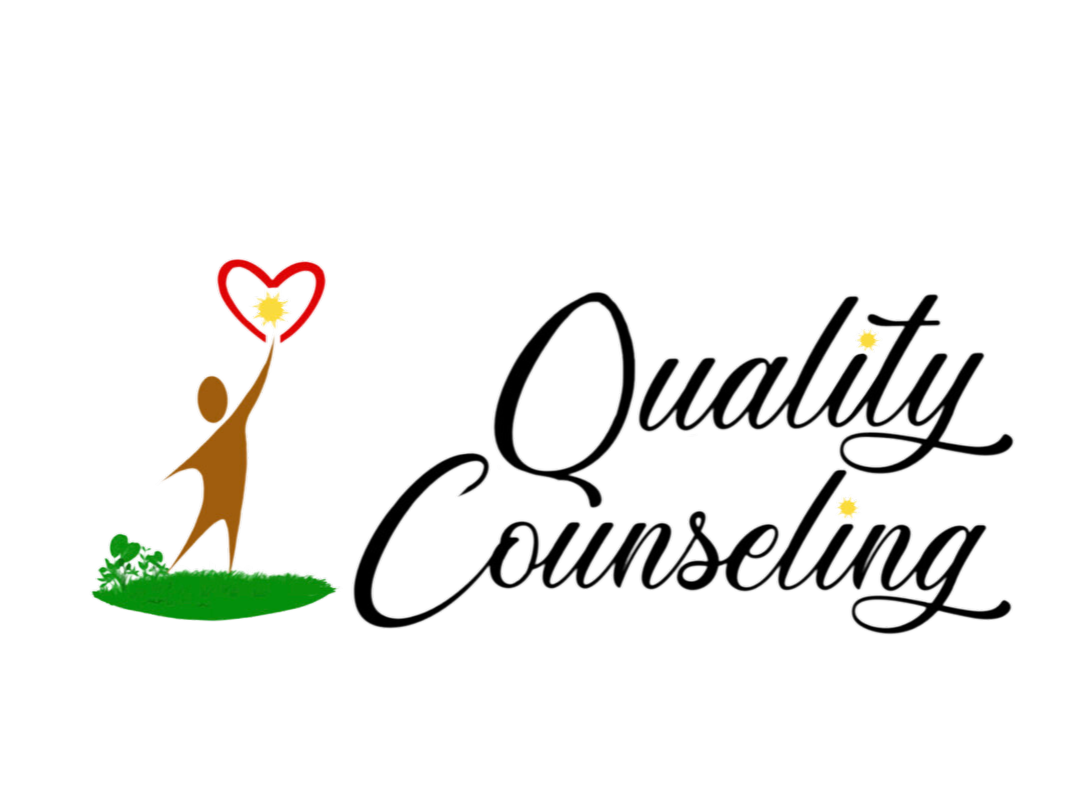In the tapestry of women’s history, particularly among Black women, the concept of rest has been laden with complexity and misperception. This blog delves into the historical context that has shaped Black women’s relationship with rest, the traditional roles that have often led to self-sacrifice, and the profound importance of rest in healing and wellness.

Historical Context and the Misconception of Laziness
Black women’s struggle with resting is rooted in a historical context that dates back to the era of slavery and colonization. During these times, Black women were expected to perform relentless physical labor, and any moment of rest was often misconstrued as laziness. This harsh judgment has perpetuated a harmful stereotype that persists even in modern times, where taking a break is sometimes seen not as a necessity but a luxury or a sign of weakness.
The Nurturer and Caregiver Role
In many communities and families, women, especially Black women, have traditionally been seen as the primary nurturers and caregivers. This role encompasses not just physical care but also emotional and mental support. The expectation to constantly provide for others often leads to self-sacrifice, where a woman’s needs, including her need for rest, are frequently overlooked or deprioritized.
The Critical Importance of Rest in Healing Trauma
Rest is not just a physical necessity; it’s a vital component in healing trauma and reducing stress. For individuals who have experienced generational trauma, rest can play a significant role in rewiring the nervous system and providing the mental space needed for processing and healing. Rest helps in calming the mind and body, allowing for a state of recovery that goes beyond mere physical relaxation.
Rest Beyond Sleep: Engaged Relaxation
Often, rest is equated with sleep, but true restorative rest is broader and encompasses ‘engaged relaxation’. This form of rest involves activities that are relaxing but also mentally or emotionally engaging in a positive way. It can include reading, meditating, enjoying nature, or indulging in a hobby. Engaged relaxation helps in disconnecting from the stresses of daily life and entering a state of calm that is essential for mental and emotional well-being.
Healing the Nervous System Through Prolonged Rest and Calmness
The only way to truly heal a nervous system that has been impacted by stress, trauma, or constant overstimulation is through prolonged periods of rest and calmness. This rest is not just about taking a break from physical activity but about giving the mind and the emotional self the space to recuperate. It involves creating an environment where one can feel safe, unburdened, and free to just ‘be’.
Conclusion: Embracing Rest as a Form of Self-Care and Healing
In conclusion, understanding and redefining the role of rest, especially for Black women, is crucial in the journey towards healing and wellness. It’s time to challenge the historical misconceptions and recognize rest as a fundamental right and a necessary part of self-care. By embracing rest, not as an act of laziness but as an essential process for healing and rejuvenation, women can begin to heal from the traumas of the past and cultivate a more balanced, healthy future. This blog serves as a reminder and an encouragement for all women to prioritize their well-being through rest, acknowledging that in doing so, they are not only caring for themselves but empowering their communities by setting a powerful example of self-love and self-respect.




